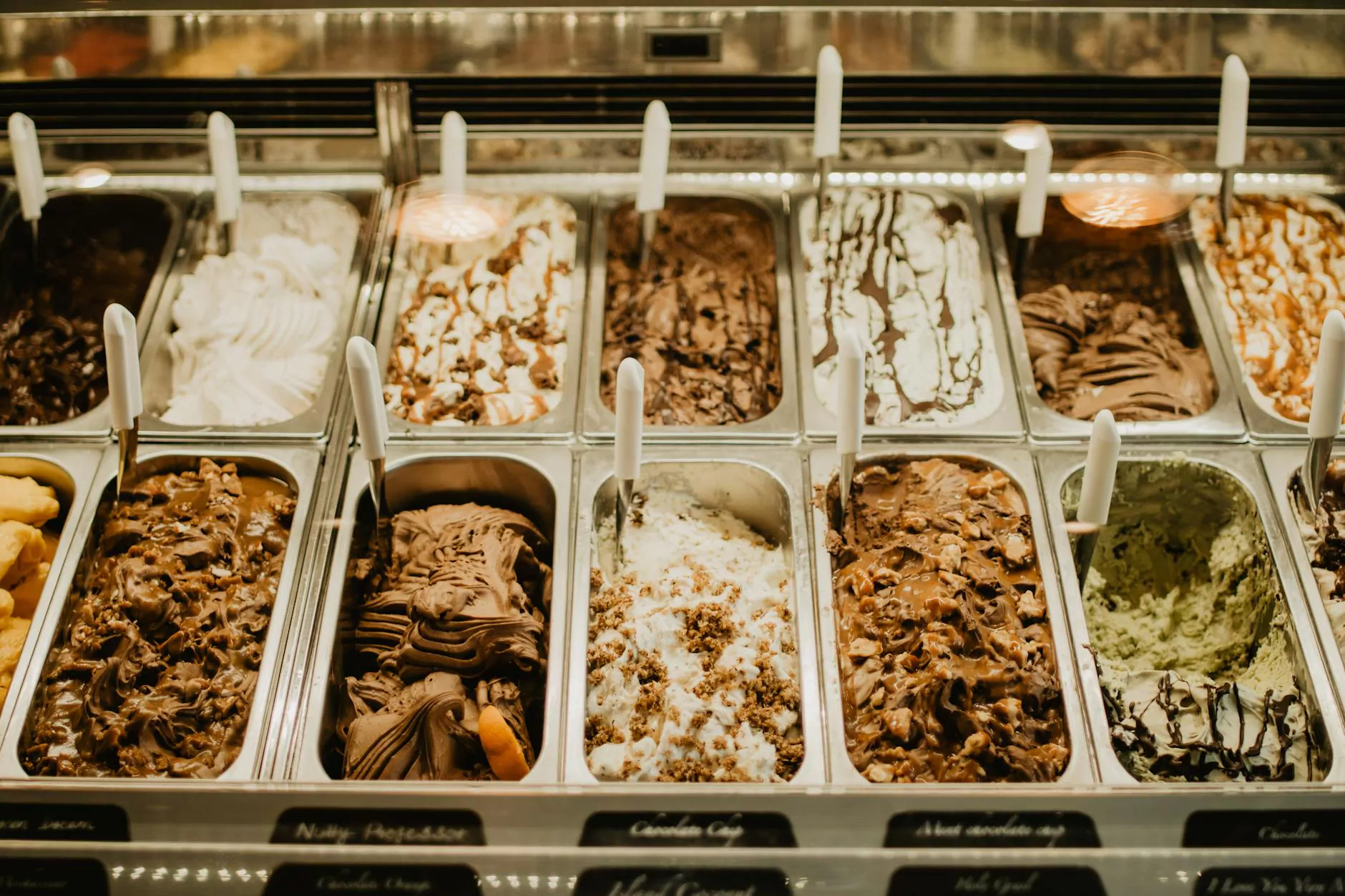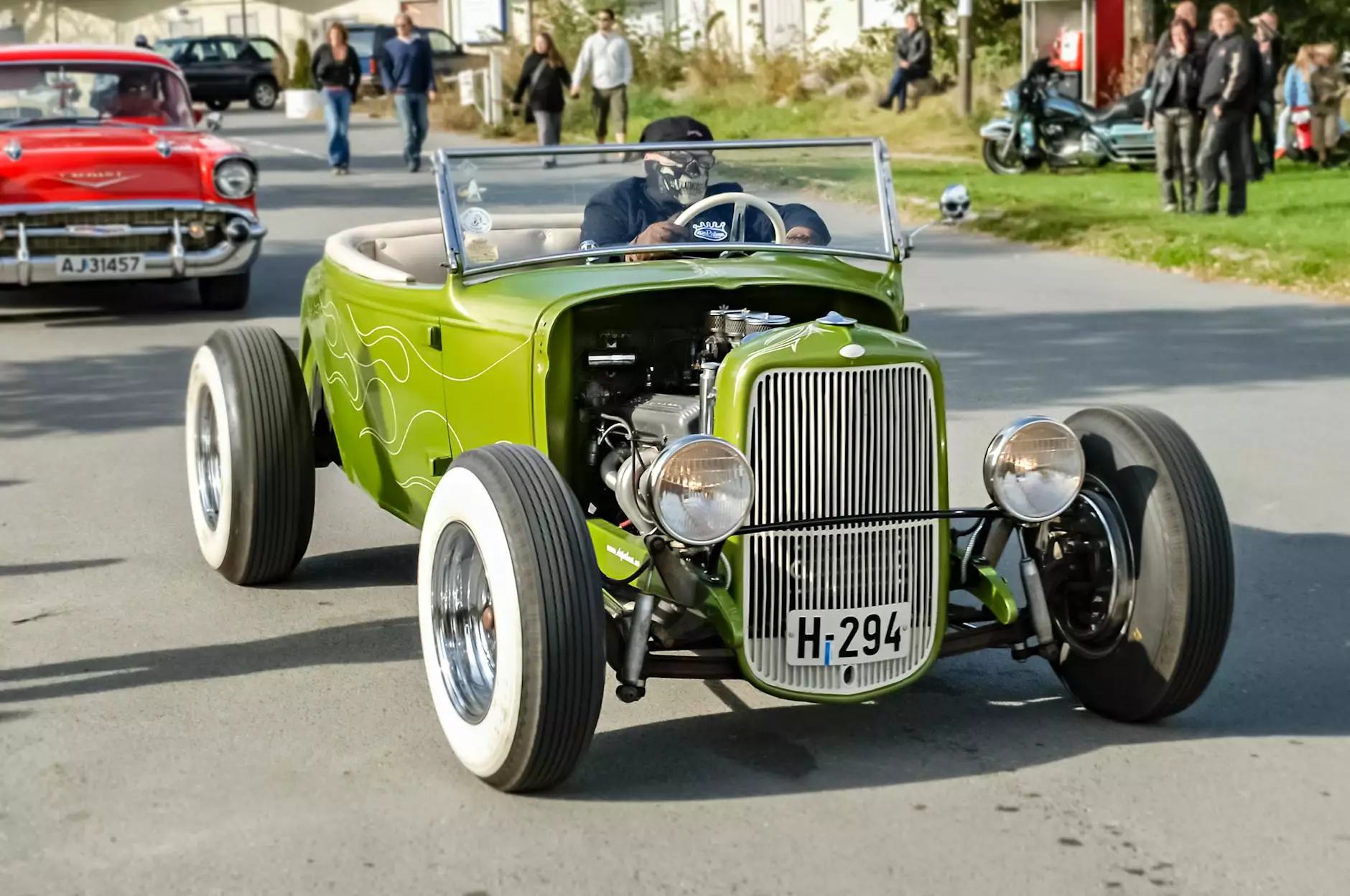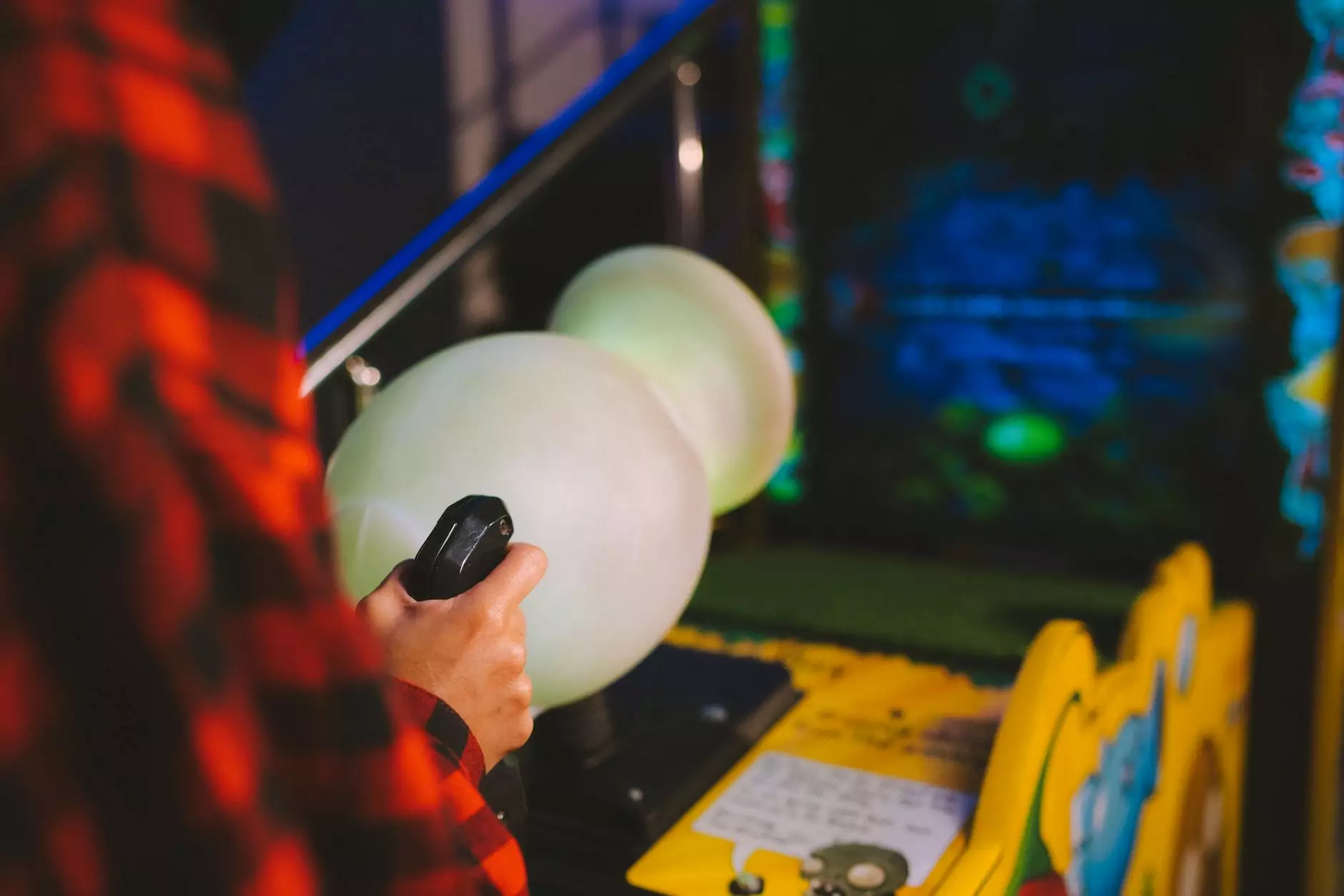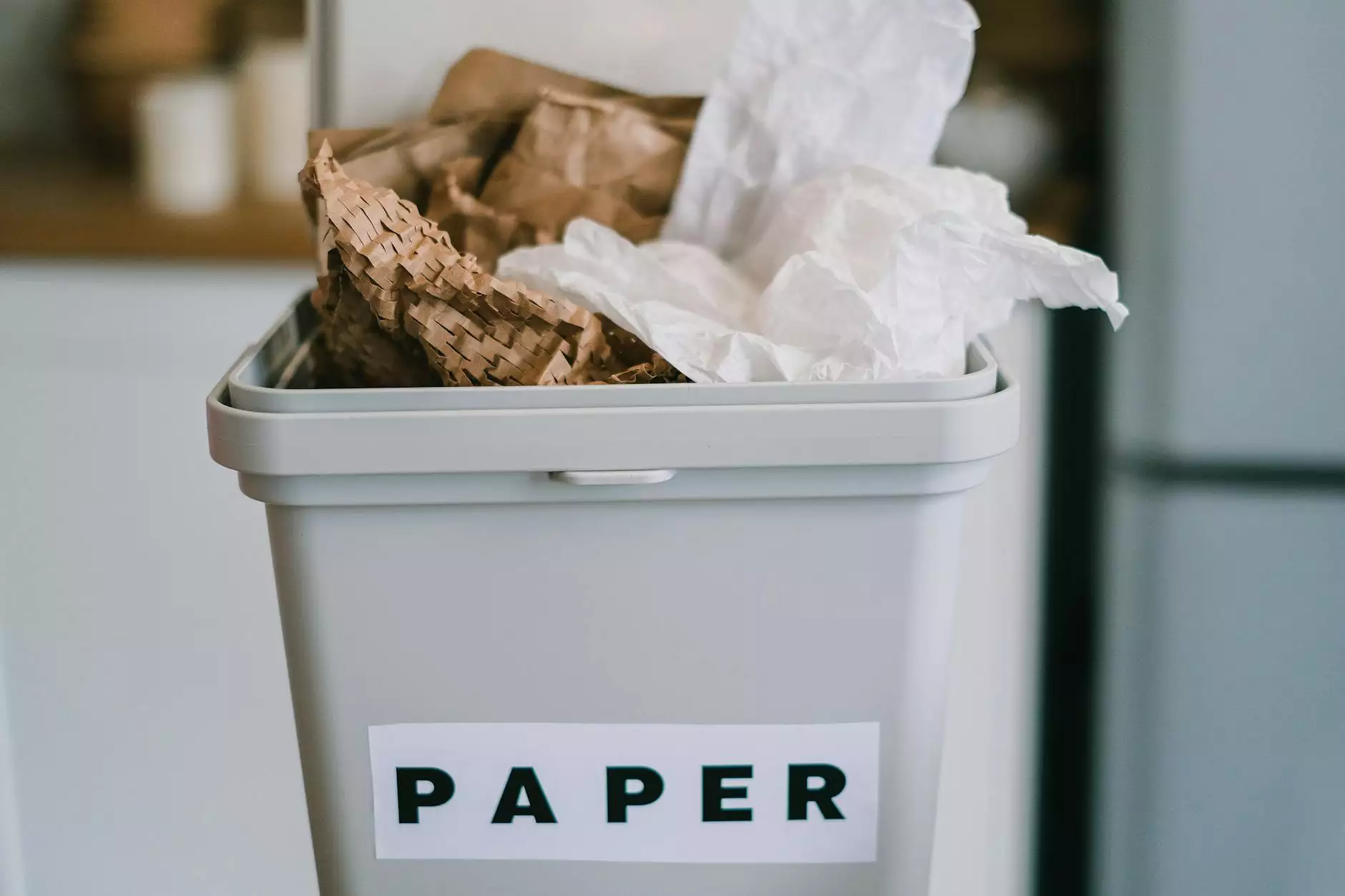Understanding Spiral Freezer Costs: A Comprehensive Guide

The spiral freezer is a vital piece of equipment used in various industries, including food processing, pharmaceuticals, and logistics. These freezers are designed to rapidly freeze products in a continuous spiral, which maximizes space and efficiency. Understanding spiral freezer costs is crucial for businesses looking to invest in these machines. Here, we will explore the various factors that influence these costs, the benefits of spiral freezers, and tips for making an informed purchase decision.
What is a Spiral Freezer?
A spiral freezer is an innovative refrigeration unit where products are loaded onto a conveyor system that spirals through a series of cooling zones. The freezing process is expedited due to the design, allowing for a more efficient and compact freezing operation. This method is especially useful for products that require uniform freezing without compromising quality.
Factors Influencing Spiral Freezer Costs
The cost of a spiral freezer can vary significantly based on several factors. Here are the most important elements that influence spiral freezer costs:
- Size and Capacity: The larger the spiral freezer, the higher the cost. Consider the volume of products you intend to freeze and choose a model that meets those requirements.
- Design Complexity: Some spiral freezers are equipped with advanced features such as multiple freezing zones and automated controls, increasing their complexity and price.
- Cooling Technology: The type of refrigerant and cooling technology used in the freezer can impact the cost. Eco-friendly options may have a higher initial price but can lead to savings in energy costs over time.
- Brand and Manufacturer: Renowned brands often charge more due to their reputation and quality assurance. However, investing in a well-known brand can mean better reliability and service support.
- Customization Options: Customized spiral freezers that cater to specific operational needs may cost more but can enhance efficiency and effectiveness.
- Installation and Maintenance: Factor in the costs associated with installation and ongoing maintenance. Some manufacturers offer maintenance contracts which can be beneficial in the long run.
The Benefits of Using a Spiral Freezer
Investing in a spiral freezer brings several benefits that can justify the initial spiral freezer costs:
- Space Efficiency: With their compact design, spiral freezers make optimal use of floor space, allowing for more product storage without requiring a larger facility.
- Reduced Freezing Time: The continuous process of a spiral freezer significantly reduces freezing time, which can enhance production efficiency.
- Improved Product Quality: Rapid freezing helps to maintain the quality and freshness of products by reducing ice crystal formation.
- Energy Efficiency: Many modern spiral freezers are designed to consume less energy, leading to lower operational costs.
- Versatility: Spiral freezers can accommodate a wide variety of products, from baked goods to meat and poultry, making them suitable for various industries.
- Automation: Many systems come with automated controls, allowing for precise temperature regulation and minimal human intervention.
Estimating Spiral Freezer Costs
When estimating spiral freezer costs, it's essential to consider both initial investment and long-term expenses. Below are some estimations based on different factors:
1. Initial Purchase Price
Basic spiral freezers can start at around $15,000, while more advanced units can exceed $100,000. Prices generally depend on size, features, and brand.
2. Operating Costs
Operational expenses should include electricity, maintenance, and refrigeration gas costs. Businesses may experience annual costs ranging from $1,500 to $10,000 depending on usage and efficiency.
3. Maintenance and Repairs
Regular maintenance is critical for optimal performance. Setting aside approximately $1,000 to $3,000 annually for maintenance is advisable.
Choosing the Right Spiral Freezer for Your Business
Selecting the best spiral freezer for your needs involves careful consideration of various elements. Here’s how to approach your decision:
1. Assess Your Freezing Needs
Consider the types and volumes of products you will be freezing. Different products may have varying requirements regarding freezing times and temperatures.
2. Evaluate Available Space
Measure your facility space and ensure the spiral freezer you choose fits well within your operational parameters. Remember to factor in access for loading and unloading.
3. Compare Different Manufacturers
Not all spiral freezers are created equal. Research different brands and models, keeping an eye on reviews and expert opinions to find the most reliable option.
4. Consider Future Expansion
If you are planning to expand your operations, choose a spiral freezer that can accommodate growth without the need for immediate replacement.
5. Budget for Initial and Ongoing Costs
Establish a realistic budget that includes the purchase price and additional costs like installation, maintenance, and energy consumption.
Financing Options for Spiral Freezers
Investing in a spiral freezer can strain finances, which is why understanding financing options is crucial:
- Direct Purchase: This is ideal for businesses with sufficient capital to purchase equipment outright.
- Leasing Options: Leasing allows businesses to use the equipment for a set period while making lower monthly payments.
- Financing through Equipment Loans: Many financial institutions offer loans specifically for purchasing commercial kitchen equipment.
- Manufacturer Financing: Some manufacturers offer financing options that can help spread out the cost over time.
Case Studies: Spiral Freezer Investments
Real-world examples can illustrate the return on investment that spiral freezers can offer:
Case Study 1: Bakery Industry
A local bakery invested in a mid-range spiral freezer costing approximately $40,000. Within the first year, they reported a 25% increase in production efficiency, recovering the investment through increased sales and reduced labor costs.
Case Study 2: Meat Processing
A meat processing company opted for a high-capacity spiral freezer at $85,000. The automated system reduced freezing time by 50%, enabling them to meet demand quickly and efficiently, ultimately doubling their output without needing additional staff.
Conclusion: Making an Informed Decision on Spiral Freezer Costs
Investing in a spiral freezer can significantly enhance your business operations by improving efficiency, saving time, and ensuring product quality. While the spiral freezer costs can vary based on several influencing factors, the long-term benefits often outweigh the initial financial commitment. By carefully assessing your needs, understanding potential costs, and leveraging financing options, you can make a wise investment that supports your business growth.
For further assistance and high-quality refrigeration solutions tailored to your unique needs, consider exploring the offerings of First Cold Chain. Our team of experts is ready to guide you to the best refrigeration equipment for your business.









